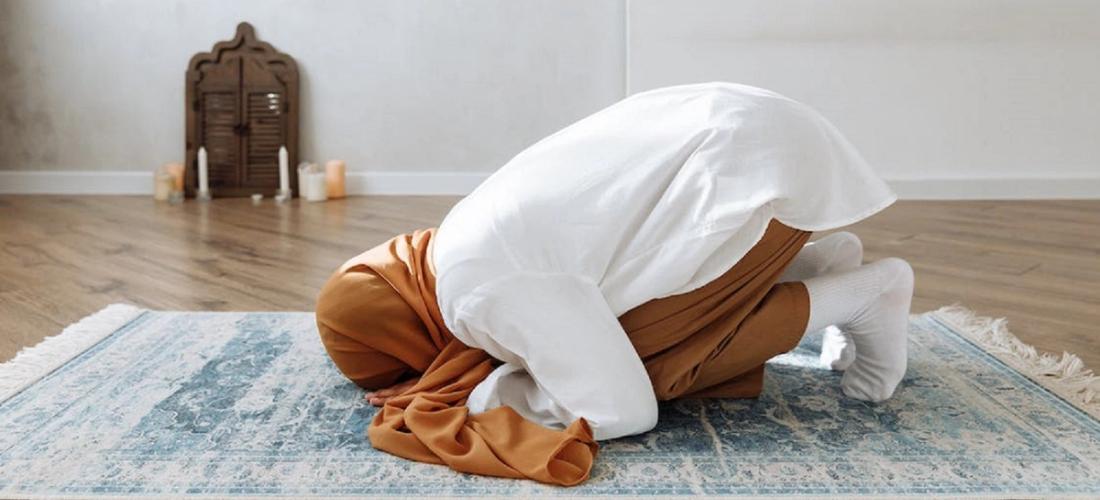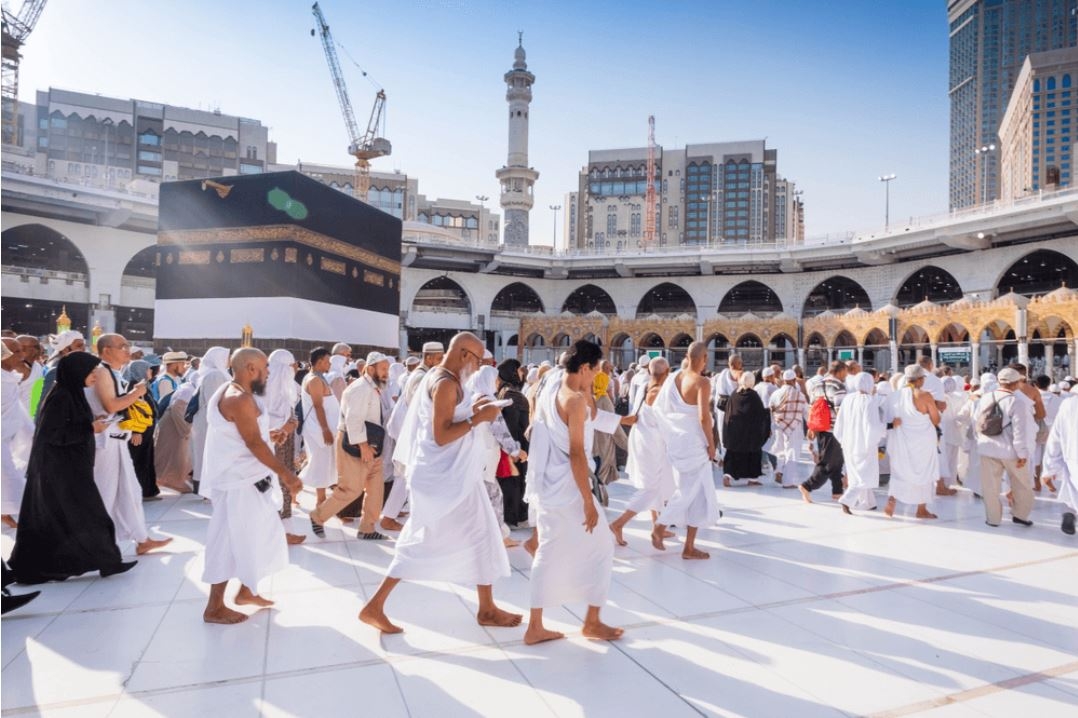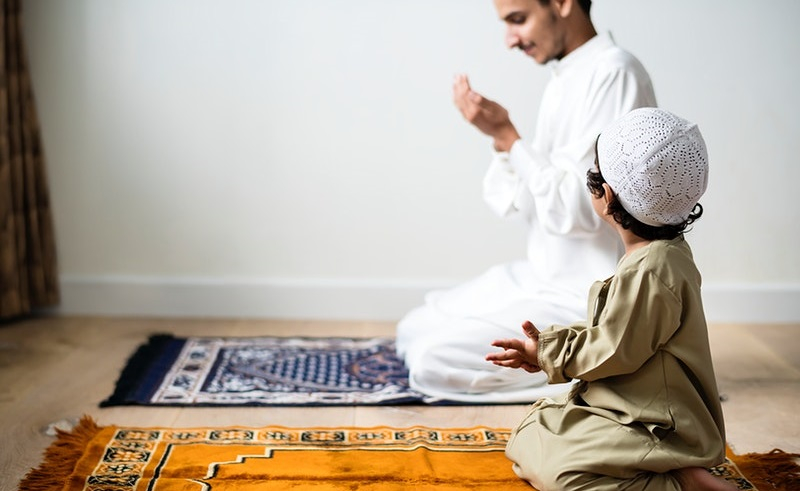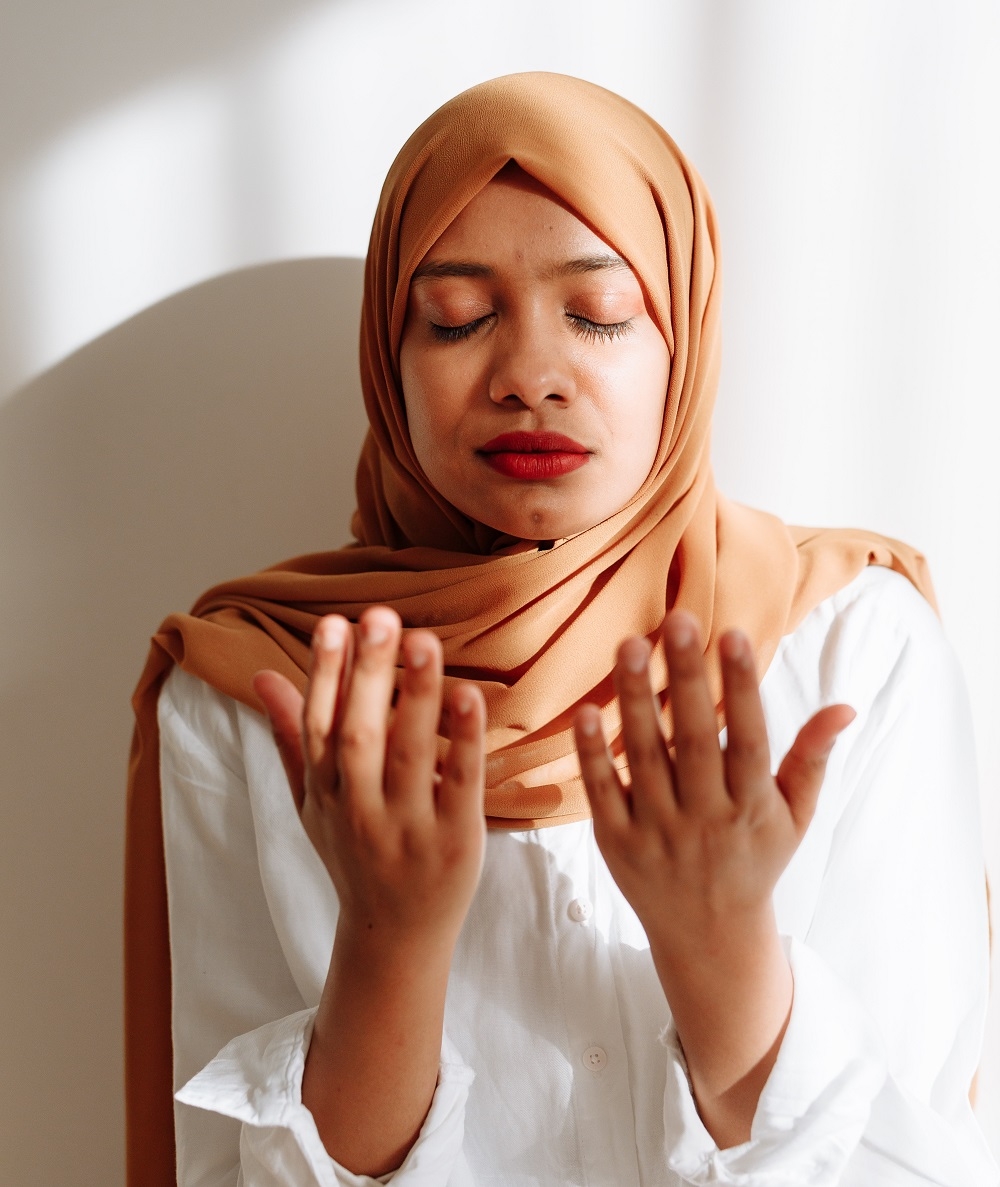4 Ways to Flip Our Mindset Through Worship Practices for Dhul Hijjah & Hajj Season
Faith
|
Jun 23, 2023
|
7 MIN READ

Image source: Pexels
There is a certain feeling of accomplishment that comes with celebrating Eid ul Fitr. After a full month of fasting and near-around the clock worship, I personally come out of Ramadan feeling that I earned the day of Eid. It’s like a day of feasting and celebration after a job well done and, hopefully, a strong connection reestablished with Allah (S). Unfortunately, I have never fully felt the same sentiment with Eid ul Adha.
Sure, I fast the day of Arafah, which will, Insha’Allah erase one’s sins for the previous and upcoming year. But the hard work and effort put in just doesn’t feel the same as the ibadah (worship) and devotion done in Ramadan. I almost feel like I don’t really deserve Eid ul Adha if I am not performing Hajj and really working hard to earn the celebration.
This mindset is one that I have struggled with a great deal over the years, but especially as I raise my children. Thus, I have taken it upon myself to shift the way I view the days of Dhul Hijjah and Eid ul Adha and stress the importance of the 10 days of Dhul Hijjah the way I do with Ramadan.
This mindshift is not only for my children, but also for myself.
It is important to instill in ourselves and our children the love for our second Eid and the blessed days that lead up to it. The Islamic historical events around the steadfast faith of our Prophet Ibrahim (as) and Hajar (ra) that coincide with this Eid and these days are some of the greatest lessons for us to apply in our Muslim lives.
The beloved Prophet Muhammad (saw) tells us the significance of the 10 days of Dhul Hijjah in the hadith narrated by Abu Hurairah: “There are no days more beloved to Allah that he be worshiped in them than the ten days of Dhul Hijjah. Fasting every day of them is the equivalent of fasting a year, and standing every night of them (in prayer) is the equivalent of standing on the Night of Qadr.” [Al Tirmidhi 758]
Dhul Hijjah Worship Practices to Connect with Allah (S)

Image source: Pexels
A great way to help us give importance to these days and utilize the first 10 days of Dhul Hijjah is to focus on certain forms of elevated worship and try to do it regularly during this period, which will (Insha’Allah) help it become a long-term habit. In focusing on various acts of worship consistently during these 10 days and beyond, our mindset (Insha’Allah) will shift to giving this time the importance and reverence it is due.
We are reminded in the hadith that these 10 days are the most beloved days to Allah (S). Leading by example, Prophet Ibrahim (as) showed us what obedience and putting our trust in Allah (s) looks like. In order to shift our mindset around the 10 days of Dhul Hijjah and stress the importance of the reward of worship, we need to reassess the way in which we go about our days leading up to Eid. Let’s start off Dhul Hijjah strong by increasing our voluntary worship and ensuring our obligatory ibadah are covered.
Here’s four things we can focus on.
1. Lean into the sunnah of Fajr. The Prophet peace be upon him emphasizes the importance of praying not only the two rakat fard (mandatory) Fajr prayer, but also the two rakat sunnah of Fajr: “The two Rak’ah before the dawn (Fajr) prayer are better than this world and all it contains.” [Muslim 112]
Starting off the day with this worship, and on an early note, Insha’Allah, will bring blessings upon the rest of the day. Worship during these pre-dawn hours is so special and meaningful. The Prophet made du’a for his ummah: “Oh Allah, bless my nation in their early morning.” [Al-Tirdmidhi 1212]
Take this form of worship to the next level by waking up even before Fajr to take advantage of those final few moments in the last third of the night. If waking up for qiyam outside of the 30 days of Ramadan is a challenge, at least make it a goal during the ten nights of the Dhul Hijjah to wake a little bit before Fajr. This is the most blessed time of the night and is the best time to ask forgiveness for our shortcomings.

Image source: Pexels
The most famous hadith on doing good deeds during these blessed days of Dhul Hijjah, is the hadith narrated by Ibn Abbas: “There are no days during which righteous action is so pleasing to Allah than these days (the first 10 days of Dhul Hijjah).” Unlike Ramadan, there is no specific structure to what these good deeds should look like. And if you think about it, that also is from the mercy of Allah (S) that we are free to worship in any form, as long as we take advantage of these blessed days and nights.
Sure, the structure of worship in Ramadan is welcome and helps us structure our own days and nights during that time. But to have the freedom to make our own worship structure is also a blessing from Allah (S).
2. Make sure your obligatory worship is taken care of and strive to perfect them. Make it a point to pray Fajr and Isha on time (so many of us tend to miss these prayers) and in congregation at the masjid (moreso for men), if possible.
3. Increase in your general voluntary good deeds. Take time to revisit your Ramadan goals and resolutions that you may have slacked on since the fasting month ended.
4. Make a Dhul Hijjah game plan where you keep yourself accountable and check off your good deeds that you’ve done throughout the day. Dhul Hijjah is close enough to Ramadan where recharging that Ramadan spirit is not too far fetched.
Let’s look at these 10 days of Dhul Hijjah with the spirit of intensity as the last 10 days of Ramadan. Let’s jump into these coming 10 days with the same thirst for a spiritual recharge the same way we do as we prepare for Ramadan. Make tawbah for your shortcomings, and come into Dhul Hijjah with a fresh start. Revisit your daily Quran reading that may have fallen behind since Ramadan.
Make it a goal to pray sunnah in addition to the five obligatory prayers. Make the intention to fast some, if not all of the ten days. Donate to your favorite causes during these days the way you would during Ramadan.
Making sincere, raw du’a throughout the ten days of Dhul Hijjah, and especially on the day of Arafah. It’s a form of ibadah that we can really hone in on during this time. Think of the pilgrims performing Hajj, think of their mindset, their coming to Allah (S) as they are, seeking His forgiveness and mercy. Channel their vulnerability and make du’a with their same passion.

Image source: Pexels
While the Quran and sunnah provide us with some framework on the best du’as to recite, coming to Allah (S) as we are is better than any scripted supplication. “The best of supplication is the supplication of the Day of Arafah. And the best of what I and the Prophets before me have said is: None has the right to be worshiped but Allah, alone, without partner, to Him belongs all that exists, and to Him belongs the Praise, and He is powerful over all things.” [Al Tirmidhi 3585]
(Sometimes life can truly bring us to a loss of words, and we fall so far deep into our misery and fault that we are not sure how to articulate our du’a. Here are four ways that can help you gather your thoughts as you raise your hands in front of Allah (S).)
If you take a closer look at the types of ibadah Muslims take part in, this is the time of year that all five pillars are emphasized in the span of these blessed 10 days. The shahada (testament of faith) is a form of dhikr that can be repeated throughout the day and night. Salah (obligatory prayer) is part of our daily routine worship; performing the sunnah and waking up for tahajjud are encouraged especially during these 10days. Fasting is another form of ibadah that is emphasized a great deal throughout the ten days and especially on the day of Arafah. And finally, giving charity is encouraged.
Plus, this is the only time of year when Hajj is legislated.
Dhul Hijjah is the month in which the Prophet Muhammad (S) gave his last sermon on the Day of Arafah. It is in these blessed 10 days that we were given the complete gift of our religion, Islam.“This day I have perfected for you your religion, and have bestowed upon you My bounty in full measure, and have been pleased to assign for you Islam as your religion.”[5:3]
I hope this post has inspired you to look at Dhul Hijjah with the same enthusiasm as Ramadan. Let’s work hard in the coming 10 days and earn our Eid ul Adha!
Subscribe to be the first to know about new product releases, styling ideas and more.
What products are you interested in?


